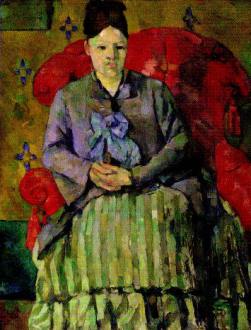All Paris at her feet
In what was intended as the opening line of a 1951 catalogue essay to an exhibition by the painter Leonor Fini, Jean Cocteau wrote: ‘There is always, at the margin of work by men, that luminous and capricious shadow of work by women.’ Not surprisingly, Fini excised it. In what was intended as the opening


